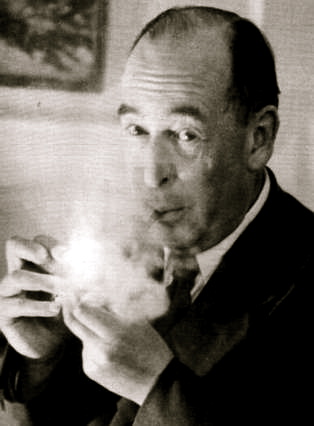Ever since reading my dad's Ryrie Study Bible as a teen and perceiving a definite slant in the commentary, I've been hesitant to purchase a study Bible. I like my Bible straight. I even refrain from making notes in my own Bible so as not to influence or dampen what the Holy Spirit may bring to mind in subsequent readings. This is not to say that I do not recommend commentaries. I do. But I recommend reading several and reading them after having read the passage in the Bible on which is being commented, so that one receives the full affect of scripture before anyone's further interpretation.
I also like Lewis straight and in context. He was such a wise and prolific writer, that to find quotes about almost any aspect of life is easy and often helpful when trying to grasp an issue. One of the contributors to the new C.S. Lewis Bible, Jerry Root, whom I've had to good pleasure to meet and learn from when he came to Roanoke to speak on Lewis, has even co-edited a book of Lewis quotations, The Quotable Lewis
The final reason which causes my apprehension is that I think Lewis himself would be appalled to have a Bible named after him. Lewis was a very humble man, insisting that he was just a layman and not an expert on scripture or church matters. He even turned down Knighthood when offered to him, though he held the idea of knighthood very highly. While it seems a great honour, and I'm sure many if not all of those who worked on this project had the very best of intentions, I don't think Lewis himself will be very pleased.
To learn a bit more about this study Bible, listen to this podcast over at Books and Culture website.



